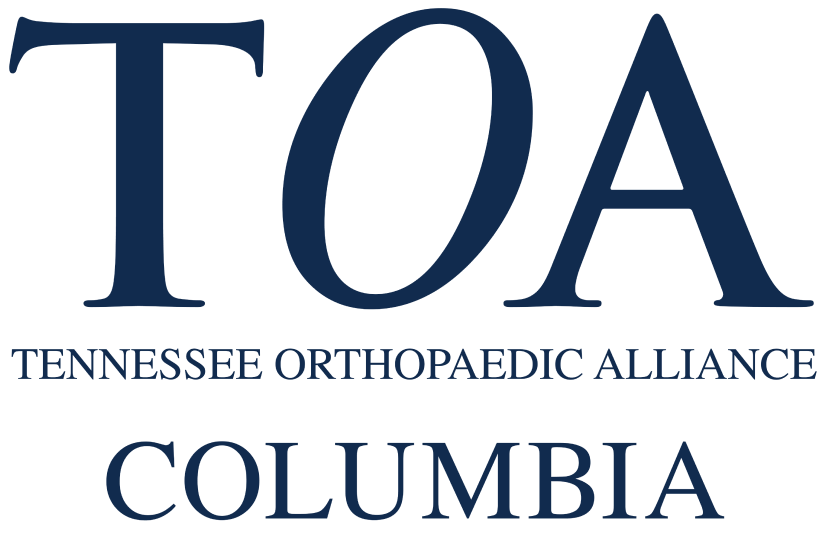Shoulder Pain Treatment
Columbia, TN
Shoulder pain solutions, tailored for you.
Frozen Shoulder? Rotator Cuff Tendinitis? Sore No More!
Shoulder pain can feel like carrying a metaphorical chip on your shoulder, affecting your daily life and restricting your range of motion. And with our shoulders being so crucial in our upper body movement, that’s the last thing we want for you!
At TOA Columbia, we understand that this discomfort can go beyond a mere annoyance, impacting your ability to perform routine tasks and enjoy activities you love. That’s why we’re committed to providing shoulder pain relief in our conveniently located clinic, where personalized care meets innovative solutions for a life unburdened by discomfort.

Common Shoulder Conditions
First, let’s discuss the anatomy of the shoulder. There are bones, tendons, muscles, and ligaments. The three main bones are the upper arm bone, shoulder blade, and collarbone. Ligaments connect bone to bone, and muscles and tendons attach to the bones to help the shoulder move in many different directions, making it the most mobile joint in the body! However, with that mobility and flexibility come many opportunities to cause injury to the joint.

Shoulder dislocation
A dislocated shoulder is when the upper arm bone pops out of the shoulder socket. This can result from trauma, causing intense pain and limiting movement. Treatment often involves immediate medical attention, with the physician gently maneuvering the joint back into place. Severe dislocations could need surgery. Physical therapy aids in recovery, enhancing stability and preventing future dislocations.

Rotator cuff tears
Rotator cuff tears happen when the tendons connecting the muscles to the upper arm bone tear. This can lead to severe pain and restricted range of motion. Treatment options often include strengthening the muscles and tendons with physical therapy, injections, anti-inflammatory medication for pain relief, and in some cases, surgery for more severe tears.

Shoulder separation
When the ligaments that connect the collarbone and the shoulder blade are injured, this is called a shoulder separation. This condition often results from a fall or direct blow. Treatment may involve rest, ice, and physical therapy to restore strength and stability. In severe cases, surgery may be recommended.

Clavicle fracture
A clavicle fracture, or a collarbone break, is usually caused by a fall or direct impact. Treatment includes immobilization with a sling, pain management, gradual rehabilitation exercises to restore strength and flexibility, or if displaced, surgery could be necessary.

Proximal humerus fractures
Proximal humerus fractures involve a break in the upper arm bone near the shoulder joint. Treatment depends on how severe the fracture is and may include immobilization, physical therapy, or surgery for more complex fractures.

Frozen shoulder
Frozen shoulder, or adhesive capsulitis, often looks and feels like shoulder joint stiffness and pain due to the thickening of the joint capsule. Treatment involves physical therapy to improve mobility, with options such as anti-inflammatory medications or corticosteroid injections for pain management. Severe cases may require interventions like manipulation under anesthesia or surgery.

Rotator cuff tendonitis
Rotator cuff tendinitis results from inflammation in the tendons around the shoulder joint, often due to repetitive motions. Treatment includes rest, ice, and anti-inflammatory medications to reduce pain and swelling. Physical therapy aims to strengthen the rotator cuff, while more severe cases may consider corticosteroid injections or surgery for persistent symptoms.

Shoulder Injuries and Arthritis
Often, a shoulder injury will heal with no adverse effects. This could be from frozen shoulder, rotator cuff tears, shoulder joint bone spurs, or inflammation in the bursa (a fluid-filled sac) in the shoulder. Sometimes the injuries heal, but you’re left with sore shoulder muscles, limited mobility, and a new popping or grinding feeling in your shoulder joint. And sometimes your shoulder can feel like the injury just never healed.
Occasionally, this nagging pain can develop into arthritis, having occurred after a fracture or shoulder dislocation. Arthritis affects over 50 million Americans, according to the National Institute of Health. Knee and hip arthritis are more common, but shoulder arthritis is being recognized more frequently.
The most common cause is primary osteoarthritis of the shoulder. Secondary causes of arthritis include inflammatory arthritis such as rheumatoid arthritis, post-traumatic arthritis after fractures and dislocations, avascular necrosis where the bone in the humeral head dies, and after chronic rotator cuff tears.
The symptoms associated with arthritis are pain in the front or back of the shoulder, especially at night time, loss of motion, and mechanical popping and grinding. Strength is usually maintained unless there is a rotator cuff tear. Reaching behind the back is one of the first motions to be lost, and then eventually the entire shoulder suffers stiffness.
Shoulders and Sports Medicine
Throwing sports, like softball or football, can be the cause of acute or chronic pain in the shoulder. Acute pain can be defined as something that comes on quickly – overuse during a baseball game or a strain from a tennis serve. Chronic pain comes from repetitive wear and tear on a joint after many years of playing sports, resulting in sporting injuries.
When injury or instability of the shoulder joint keeps you from enjoying the game, our Sports Medicine treatments are tailored to your exact need.
Changing the way you do certain activities, resting the shoulder, and possibly physical therapy are typically the first methods offered to treat pain. In other cases, injections or surgery may be necessary. If the pain is severe or the symptoms persist, our office is equipped to provide unrivaled care to get you back in the game.

Shoulder Resources
Mini Open Rotator Cuff Repair
Total Shoulder Replacement
Frozen Shoulder

How TOA Columbia Can Help You
At TOA Columbia, our orthopedic experts specialize in diagnosing and addressing a wide range of conditions that affect the shoulder and cause shoulder pain and pain elsewhere in the body, called referred pain. From advanced imaging tests to thorough physical examinations, we pinpoint the root cause of your shoulder pain and address it in the most appropriate way for you.
Our personalized treatment plans may include physical therapy, medication, or surgical interventions tailored to your unique needs, ensuring a comprehensive approach to shoulder wellness. Whether your rotator cuff tendons are causing intense shoulder pain, your shoulder pain occurs when you lift your arm, or you have pain in your shoulder that nonsteroidal anti-inflammatory drugs haven’t been able to treat, we’re here for you.
Your Journey Toward Shoulder Wellness Starts Here
Once shoulder pain taps you on the shoulder and lets you know it’s there, it won’t let you forget. However, we can help with that! Your shoulder joint, muscles and tendons, and referred pain are no match for our dedicated team. Our local doctors in our conveniently located clinic give you the ability to comfortably wave rotator cuff tears away as we treat shoulder pain with precision.
Don’t let shoulder pain dictate your daily life! Make an appointment with TOA Columbia today, and let our orthopedic experts craft a personalized plan to free you from shoulder discomfort.

Have Acute Shoulder Pain? Visit Our Walk-In Clinic
When acute shoulder pain strikes, TOA Columbia’s walk-in clinic is your solution. Our dedicated team is ready to consider causes of shoulder pain and provide a thorough evaluation, diagnosis, and initial treatment for your shoulder discomfort. Say goodbye to your rotator cuff tendinitis and hello to a wide range of motion! No appointment is necessary— walk in and let us guide you towards relief.






